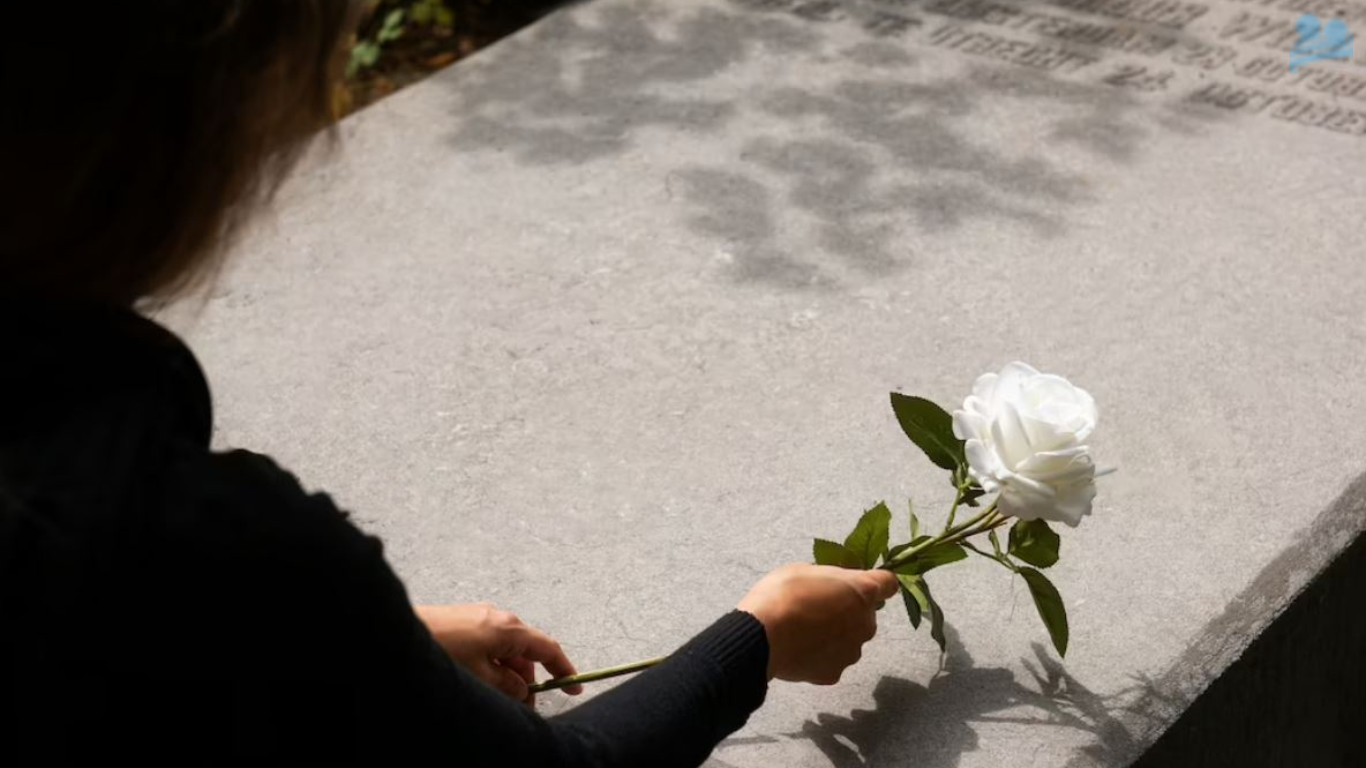Cremation services have gradually become more mainstream, transcending cultural and religious divides. They present an alternative for those who can’t or don’t want traditional burial. With cremation services becoming increasingly commonplace across communities of all backgrounds, now is an opportune time for individuals and families to educate themselves.
An informed perspective allows for impartially weighing cremation’s merits and drawbacks without misconceptions or uncertainty clouding judgment during a tumultuous life transition. Approach this subject openly – you may find cremation a thoughtful and honorable path aligned with your principles.
Table of Contents
The Cremation Process Explained
The cremation process itself entails subjecting the deceased’s body to extreme temperatures, up to 1,800°F, in a specialized retort chamber. This intense heat reduces the physical form to its essential elemental components – a fine, ash-like powder known as “cremains”. Stringent regulations govern the procedure to uphold dignity and respect and circumvent environmental or health risks. Even though this activity was initially culturally bound, it has become widespread and gained acceptance worldwide, irrespective of religious or cultural considerations.
Preparing for Cremation Services
Preparing for cremation services finality requires weighing numerous factors. First and foremost, you’ll want to ensure your wishes are clearly communicated and legally documented, whether through a will, advance directive, or designating a representative to act on your behalf once you pass on. Coordinating with a reputable cremation provider is also crucial – they’ll guide you through the necessary paperwork, urn selection, and supplementary services like memorial ceremonies. Arrangements attributed to this process are made to honor the deceased’s prior wish.
Personalizing Cremation Services
A key advantage of cremation is its flexibility for personalization and customization of final respects. Some families opt for traditional funeral services before or after the cremation itself, allowing an opportunity to assemble and commemorate their loved one’s life.
Others choose more intimate memorial gatherings or celebrations of life, with the cremains present or scattered in a place of significance. Unique memorialization options include commemorative jewelry incorporating the remains or eco-friendly burial urns designed for water or ground interment.
Environmental and Cost Considerations
Today’s world has become very sensitive to every signal pointing towards environmental unfriendliness. Actions that promote sustainable ecological conservation gain formidable appraisal. From an economic and environmental standpoint, cremations constitute a more sustainable, cost-effective alternative to conventional burials. The process minimizes land usage and resource consumption, reducing its ecological footprint. Cremation also alleviates many of the steep expenses associated with traditional funerary arrangements, including transport to the burial site and time-consuming fundraiser arrangements, among others. The minimal resources can mount a cremation process with a wide margin for negotiation.
Conclusion
Whether driven by philosophical, financial, or environmental motivations – or simply a desire to pre-plan your final journey – cremation offers a dignified means of honoring lives lived and providing a sense of closure for the living. The exercise does not involve many processes like the traditional burial alternative.
With an open mind and the proper guidance, one can navigate these profound decisions confidently and with the reverence they demand. At the end of it all, one exits life’s stage in a cost-effective, environment-friendly, memorable progression.
